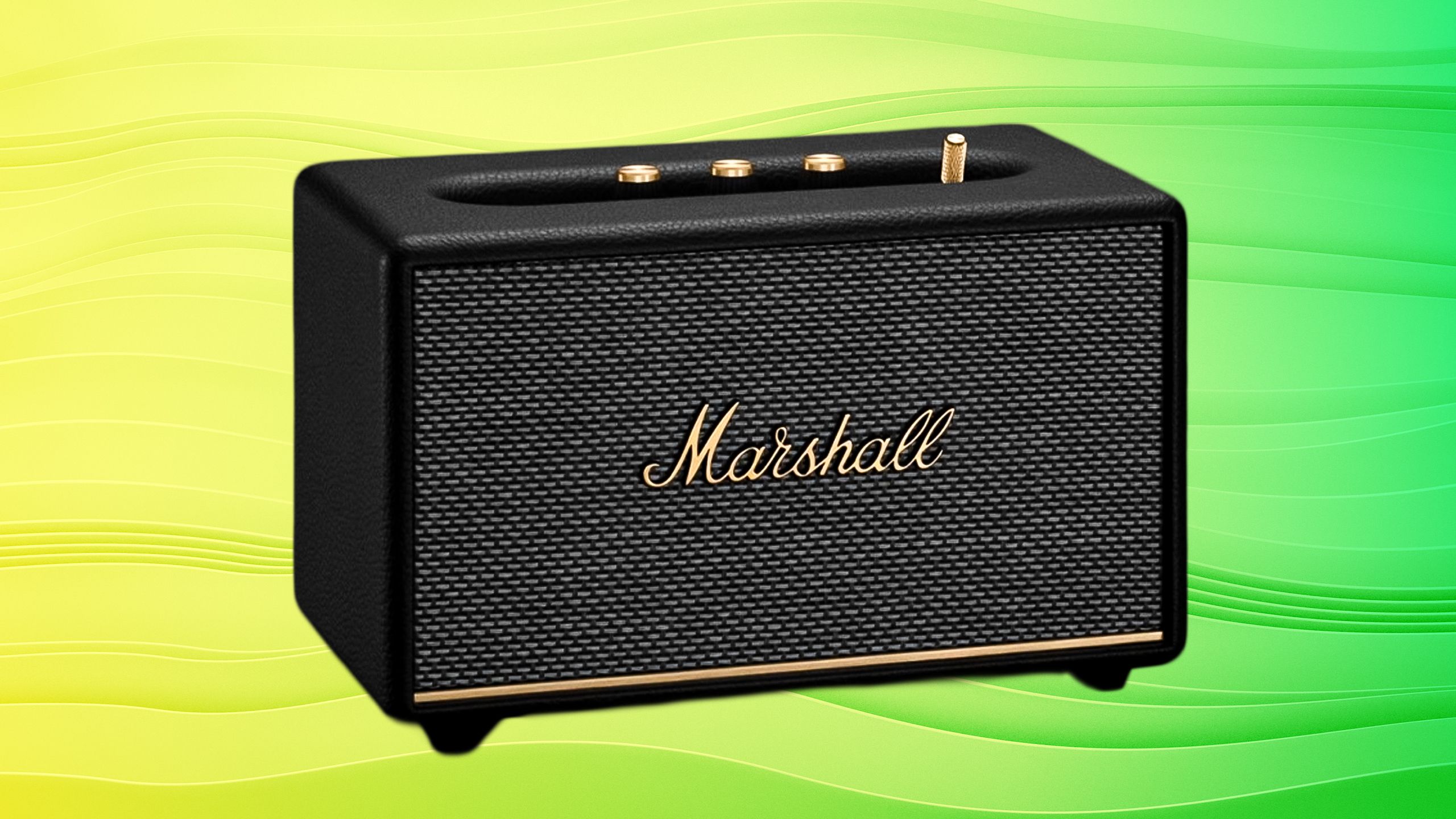5 Reasons I Use Separate Speakers for TV and Music

The Unique Nature of Audio Perception
Audio experiences vary from person to person, influenced by individual hearing conditions, brain processing, and personal associations. What one person hears as clear and rich may sound muffled or distorted to another. This variation is due to differences in auditory systems and how our brains interpret sound. For example, a song that brings joy to one person might trigger negative memories for another, altering the emotional impact of the audio.
This diversity in perception means that the way we experience audio should be tailored to the content being played. Music and TV audio, for instance, are fundamentally different and require distinct speaker setups to deliver optimal results.
Music and TV Audio: A Comparative Analysis
Music and television audio serve different purposes and are designed with varying priorities. TV speakers are generally built for clarity in dialogue and basic sound effects, not for the nuanced frequencies required to fully appreciate music. While TVs can play music, they often lack the depth and precision needed to convey the full emotional range of a song.
In contrast, music speakers are engineered to highlight specific frequencies, offering a more immersive and detailed listening experience. High-quality music-grade speakers can provide a richer sound, clearer vocals, and better separation between instruments, allowing listeners to hear every element of a song as intended by the artist.
The Emotional Impact of Music
Listening to music engages multiple areas of the brain, creating a more complex and emotionally resonant experience compared to spoken dialogue. Neurochemical reactions occur when we hear music, which can evoke strong feelings and memories. This makes it crucial to use the right equipment to ensure that these emotional connections are preserved.
TV speakers, while functional, often fall short in delivering this level of detail. They may struggle with distortion, especially at higher volumes, leading to a less enjoyable experience. For those who care about the quality of their music, investing in dedicated music speakers can make a significant difference.
The Role of Surround Sound Systems
For an immersive TV experience, surround sound systems are ideal. These systems use multiple speakers placed strategically around a room to create a three-dimensional audio environment. This setup mimics the experience of a movie theater, where sound comes from all directions, enhancing the sense of presence and engagement.
However, achieving this effect requires more than just the built-in speakers of a TV. Additional speakers must be placed to optimize the acoustics of the space. Factors such as room size, furniture placement, and speaker positioning all play a role in determining the best setup for a surround sound system.
Soundbars: A Practical Alternative
If a full surround sound system seems impractical, a soundbar can offer a more cost-effective solution. Soundbars are compact units that house multiple speakers and drivers, often designed for 5.1 or 7.1 channel setups. They can enhance the audio quality of a TV without requiring the complexity of a full surround system.
While soundbars may not offer the same level of customization as traditional music speakers, they are well-suited for improving TV audio. Their design allows them to project sound outward, creating a fuller and more dynamic listening experience. However, they are typically not the best choice for music playback, as they lack the flexibility and precision needed to deliver high-fidelity sound.
Conclusion
Whether you're enjoying a movie, a TV show, or a favorite song, the right audio setup can greatly enhance your experience. Understanding the differences between music and TV audio helps in making informed decisions about speaker choices. By investing in the appropriate equipment, you can ensure that each listening session is as rich and engaging as possible.
Post a Comment for "5 Reasons I Use Separate Speakers for TV and Music"
Post a Comment